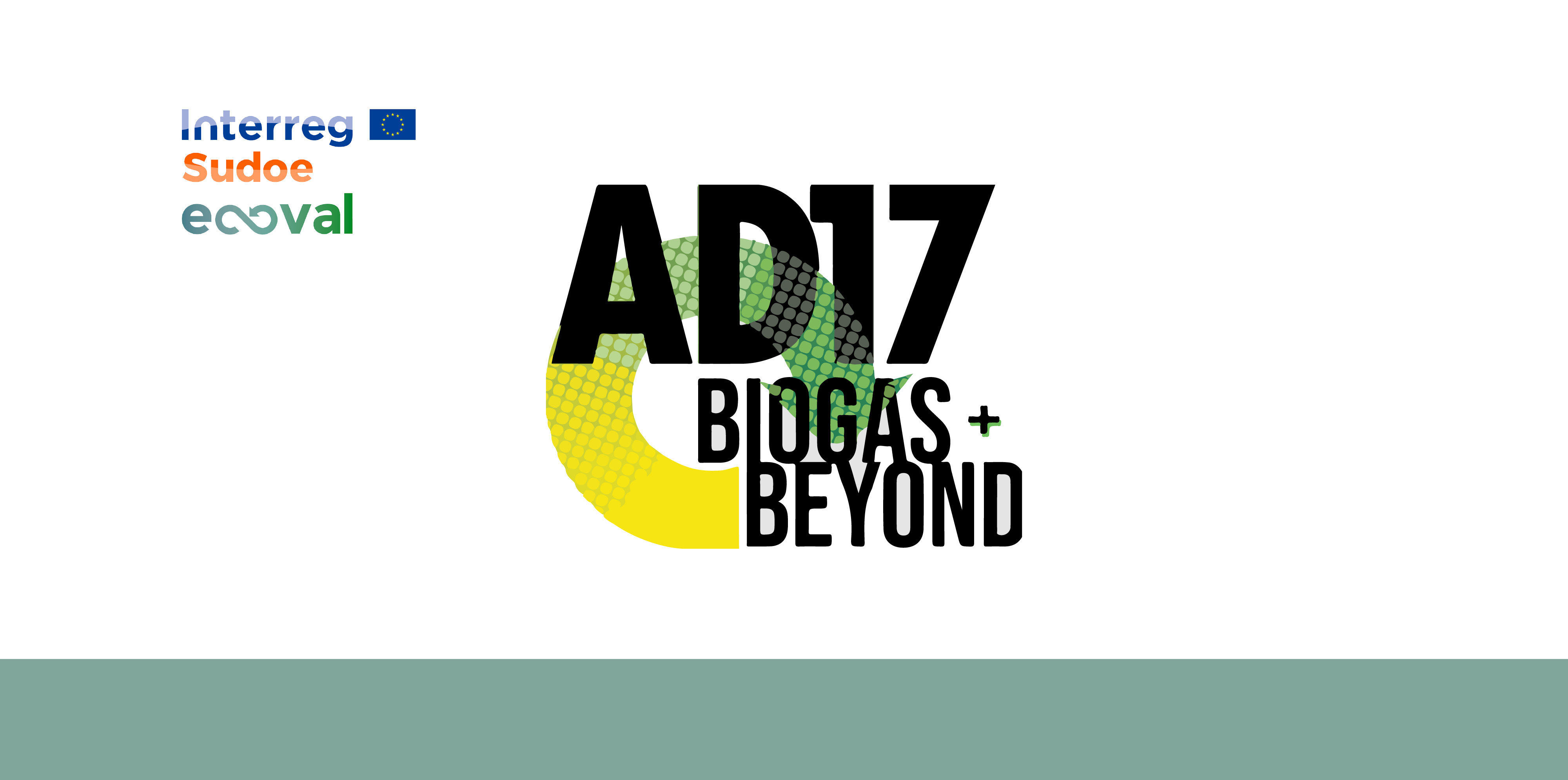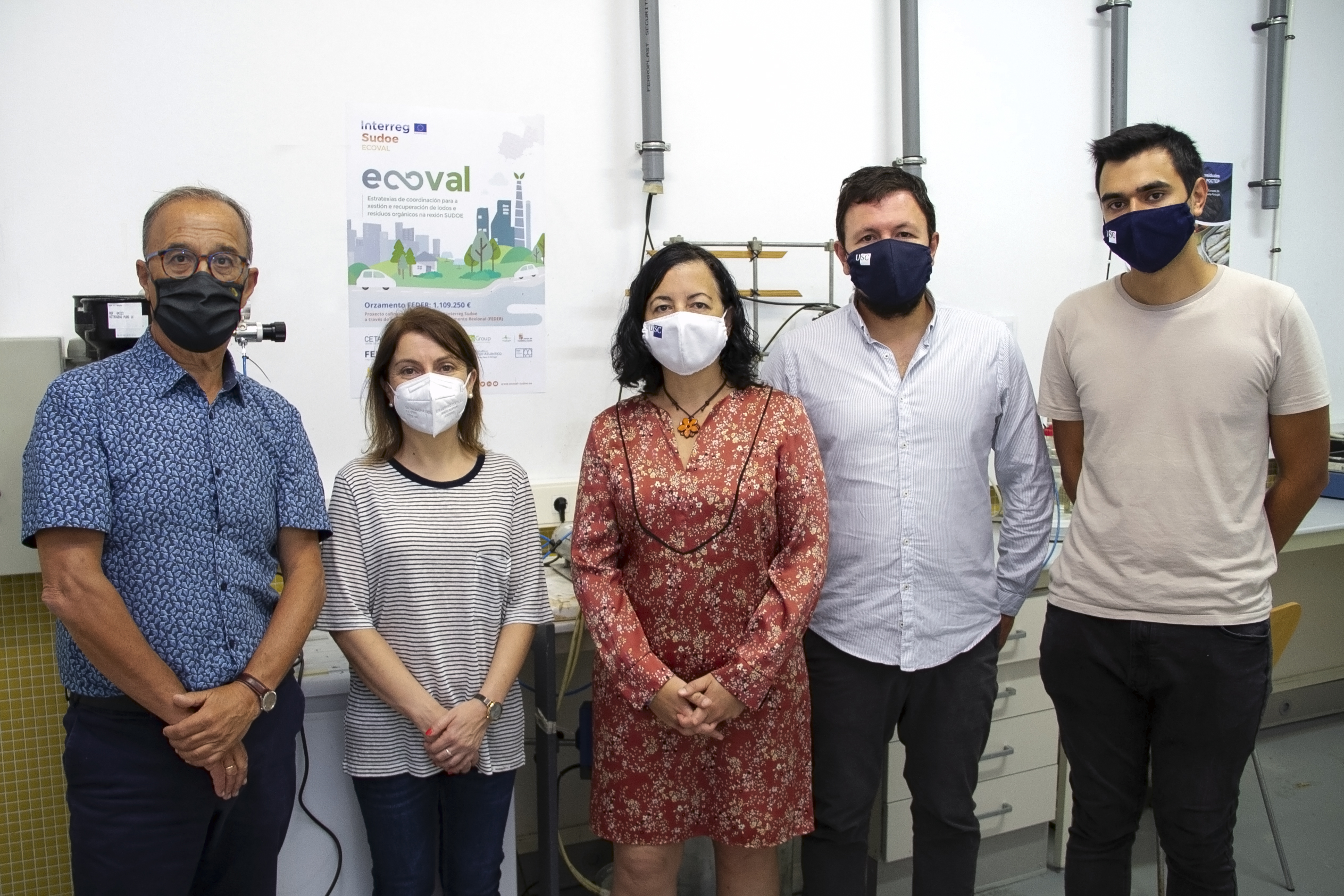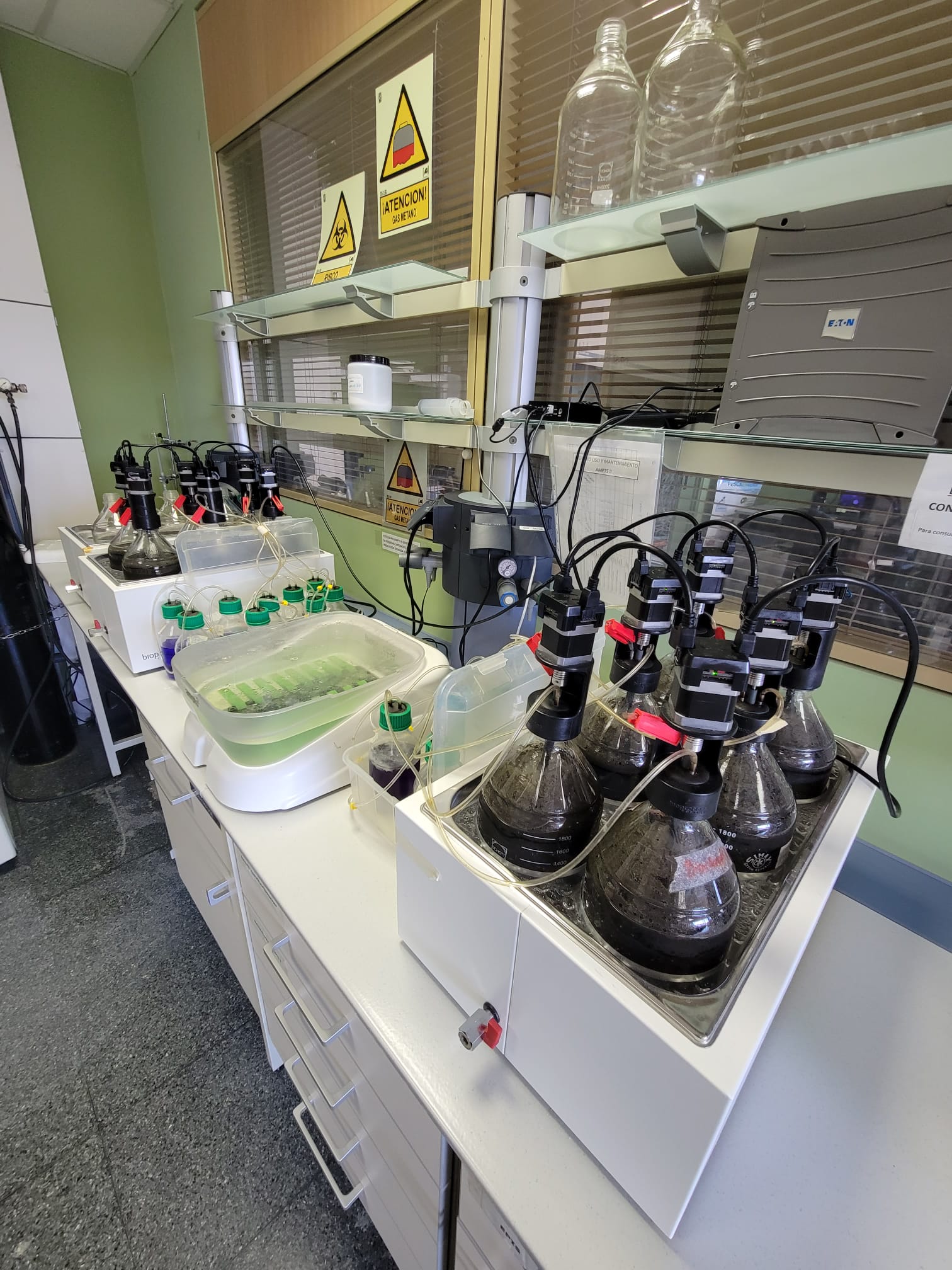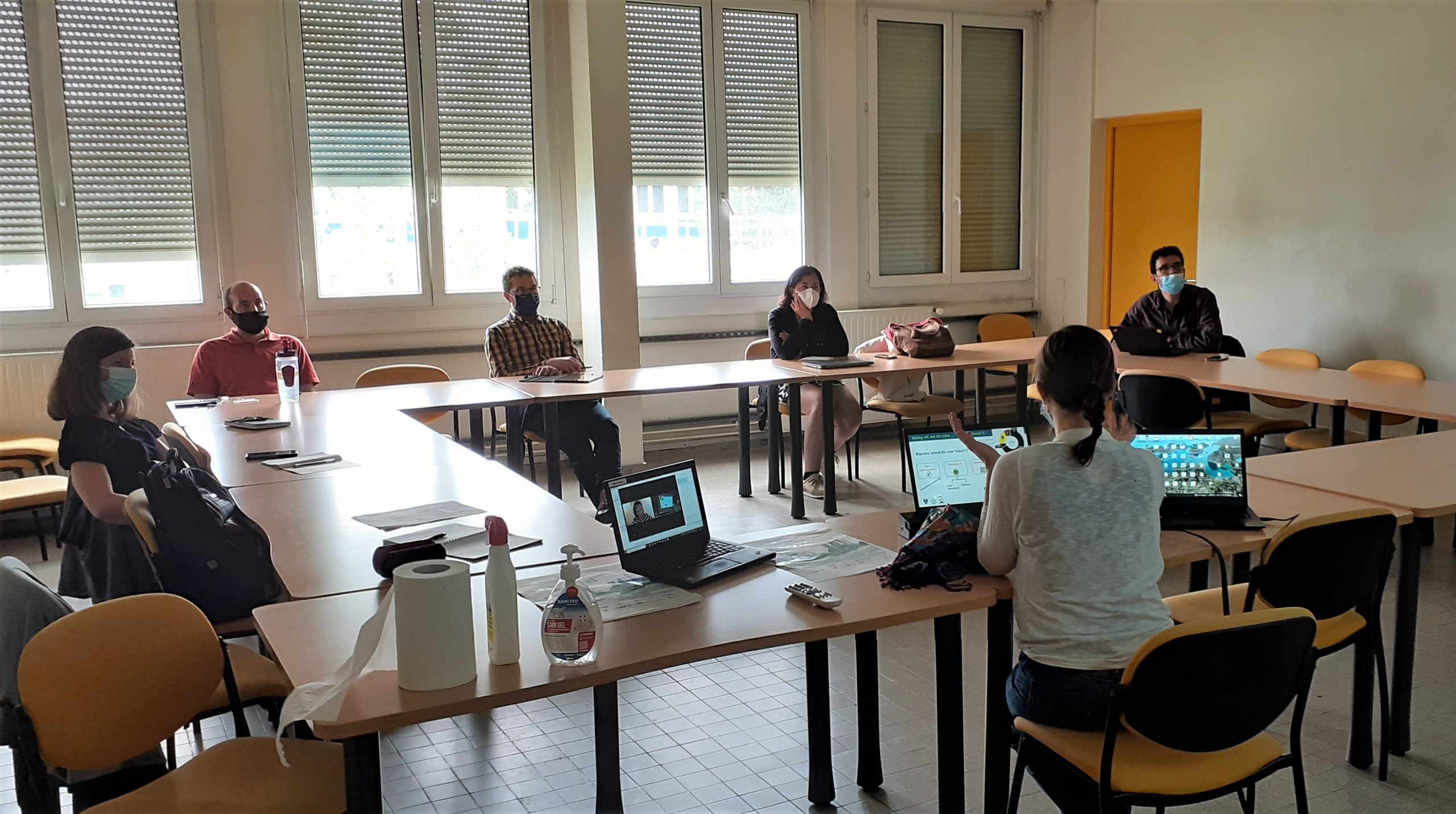The 17th World Conference on Anaerobic Digestion (AD17) was held at the University of Michigan (USA) from 17-22 June 2022. This international conference, organised by the Anaerobic Digestion Specialist Group of the International Water Association (IWA) with the support of UMICH and USC, was an event to discuss recent advances in anaerobic digestion and related processes. The theme of this edition was: “Biogas and beyond: Expanding applications of anaerobic biotechnologies in a circular economy“. This theme highlights the evolving field of anaerobic biotechnologies, which play an increasingly important role in a circular (bio)economy.
The programme included pre-conference workshops, plenary and keynote speakers, a panel discussion “from research to entrepreneurship”, more than 100 oral presentations and around 100 poster presentations. All around a wide range of topics around the role of anaerobic digestion in biotechnology. Part of ECOVAL’s research has to do with optimising this process for the production of Volatile Fatty Acids at the Ourense WWTP, so Antón Taboada-Santos, researcher and Project Manager at CETAQUA, gave a talk on the influence of thermal hydrolysis pre-treatment on the production of VFAs from sewage sludge. Also present at the event was the Biogroup USC, partner of ECOVAL, with the presentation of a poster on the impact of salinity on the production of AGVs, as a result of the CONSERVAL Poctep project.
The talk by Antón Taboada, coordinator of the project, was entitled Thermal Hydrolysis Pre-treatment Has No Positive Influence On VFA Production From Sewage Sludge and took place on Monday 20 at 11:00hrs, within the block From Research to Practice: What is the best way to recover energy from sludge?, which runs the same day from 10:30 to 12:15 in the UMMA Auditorium. It was a 10-minute oral presentation with 5 minutes for questions and answers. The results presented come from the research of the team formed by Antón together with Ánder Castro, Sabela Balboa, Vanesa Paramá, Borja Álvarez, Celia Castro and Juan M. Lema.
The poster of the USC Biogroup (within the CRETUS research group) was presented on Tuesday 21 June with the identifier P58: Volatile Fatty Acid Production From Fish-canning Industry Effluents: The Impact Of Salinity. It was the result of research by Juan Iglesias-Riobó, Riccardo Bevilacqua, Miguel Mauricio-Iglesias and Marta Carballa. It was exhibited in the Michingan League Ballroom from 12:15 to 14:00 and from 17:15 to 19:00, together with the rest of the posters of the day.
AD17 was a good opportunity to raise international awareness of some of ECOVAL’s results and thus improve their communication and dissemination, in line with the project’s GT 6. The event was strongly attended by academics, utilities and consulting engineers.






